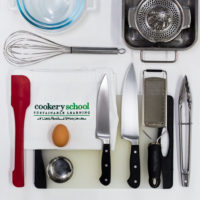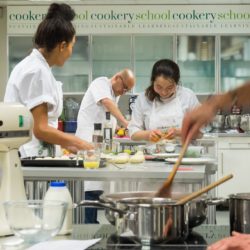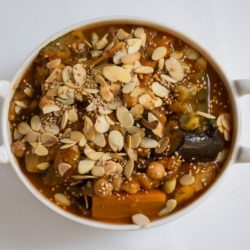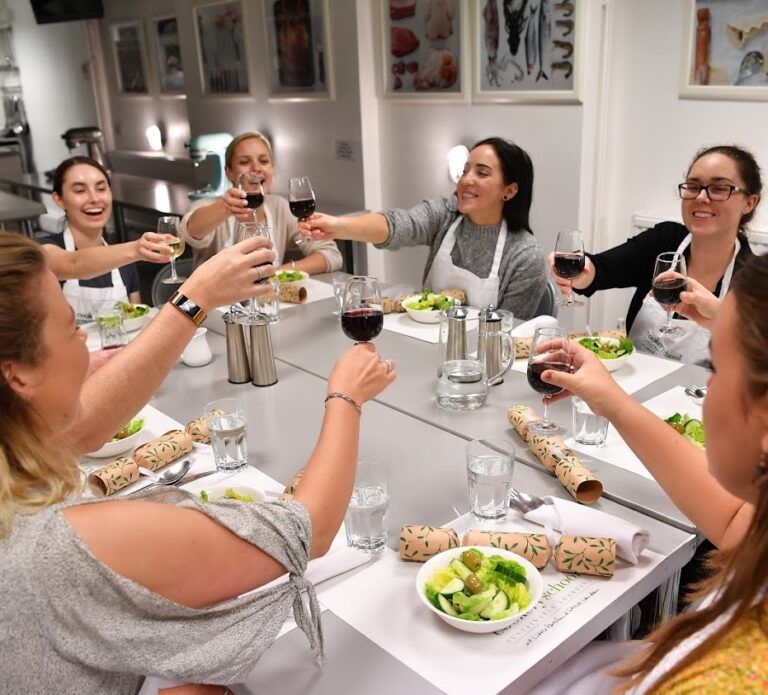Ros Rants: What oils should you be using when cooking?

Oil may seem like a simple issue to some, but at Cookery School, what we choose to cook with is the result of many discussions and dilemmas!
First things first, we do not buy our oil in plastic bottles. Obviously, we are a plastic-free kitchen so that would betray our ethos! However, it goes beyond this. There is a theory that plastic (particularly softer plastics) contain BDA and phthalates and these molecules, which are known to be bad for us, leach into oils. As such, we always buy our oil in tins.
Second is the production method. The less processed an oil is, the better it is supposed to be. Olive oil is pressed and not processed. The same goes for local pressed rapeseed oil. However, we do not like using the latter as it has a strong flavour so have resorted to using processed rapeseed oil, but one that is free of a foaming agent. We have had problems securing this oil but have managed to track it down and have a delivery every few months. We use extra virgin olive oil as much as we are able to but because it too has a distinctive – although delicious – flavour, it is not suitable in many dishes.
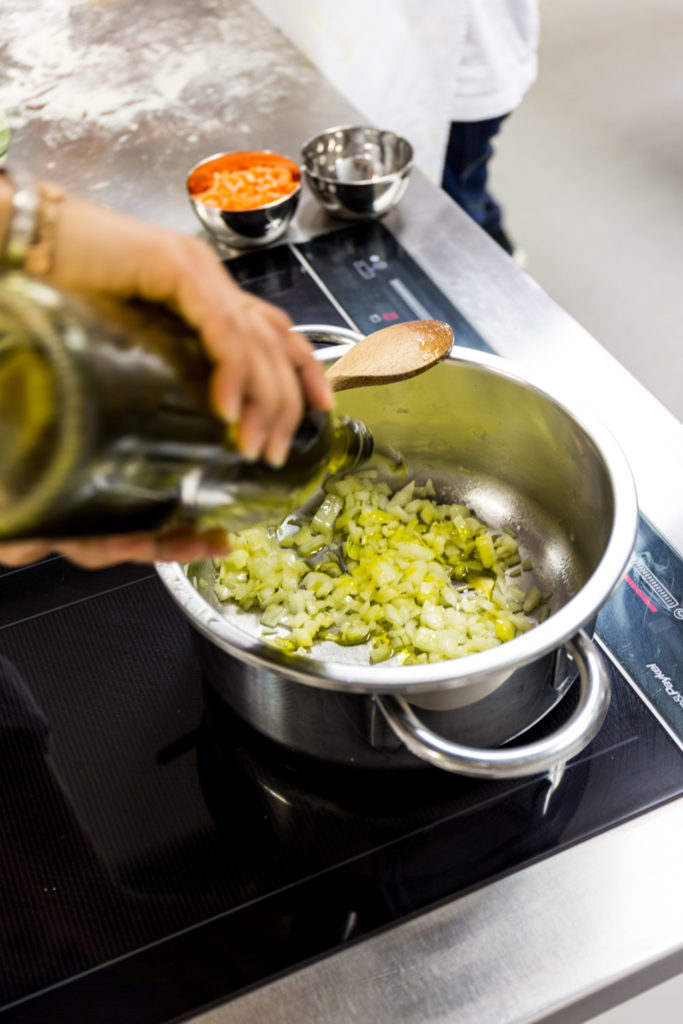
What about when cooking with it?
We used to use sunflower seed oil until tests seemed to indicate that when heated it gave off aldehydes that are considered bad for our health. It is also considered to be high in omega-6, which is not desirable. As a result, we stopped using it. Olive oil, butter, lard and coconut oil do not produce dangerous levels of aldehydes when used for cooking. However, as coconut oil is shipped in from far afield, we prefer to use olive oil that comes from Europe.
Rapeseed oil is supposedly high in omega-3 fatty acids but is also supposed to contain high levels of erucic acid. If used in moderation, we believe that these are not harmful. There are problems with the production of rapeseed oil as crops use nitrogen fertilisers that are not healthy for plants, people or the local bee population. There are strong moves to stop this practice and it seems to be slowly waning. Much of the countryside is also being turned over to rapeseed production at the cost of other crops, thereby reducing the important biodiversity of crops.
So where does this leave us?
It is clear that the oil situation is not a clear cut one and we try to make the best possible decision that we can – using extra virgin olive oil as much as we can, and using rapeseed when appropriate. We always avoid canola, sunflower and any generic ‘vegetable’ oil.
When cooking, we always put our oil and ingredient (such as onions) into a cold pan and heat them together. If we are actually deep frying – which we don’t do often – then we do heat the oil to a heat where the product to be fried will brown without absorbing the oil but never to a smoking point. If oils are too cool when deep-frying then the ingredient sucks up the oil. The resulting food is not pleasant to eat as it can be soggy and is often not even crisp.
As this is such an evolving topic, our thinking on oils is not steadfast! We are always looking at our practices and keeping up with the latest research so we can pass this knowledge onto our students.
–
Want to learn how to cook with oil properly? Join us for one of our classes or courses!
Category
Ros Rants
